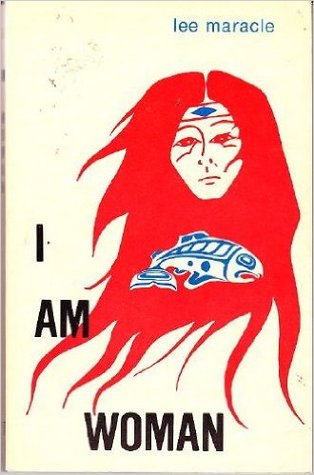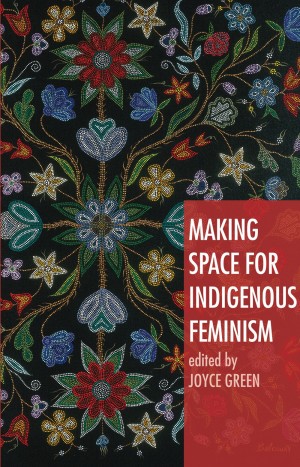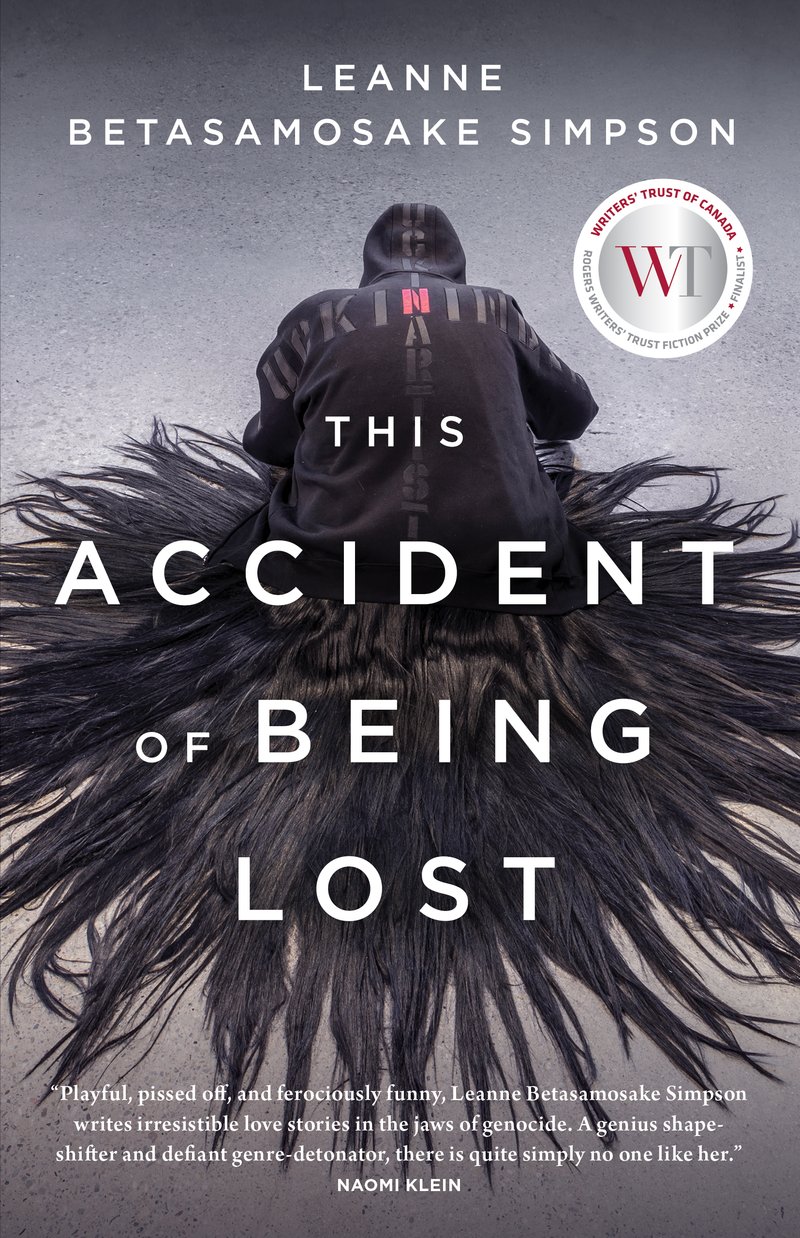Post and Display curated by Subhanya Sivajothy
For the month of December, the Indigenous ground floor display will feature books on Indigenous Feminisms. Indigenous feminism is both the theory and practice of feminism that is grounded in decolonization and Indigenous sovereignty. “It’s an affirmation that Indigenous women have always had inherent sovereignty over our bodies over our spirits and land bases,” describes Tasha Spillet, an Indigenous Land-based Educator. This display celebrates the work of Indigenous women starting with the work of Elders, and trailblazers who had the difficult task of forging the pathways for future generations and also the works of different contemporary voices that seek to highlight the strength and resilience of Indigenous women in current contexts.
 Lee Maracle is one of the most respected Indigenous writers in Canada, and began writing works on issues related to Indigenous women when it was extremely rare and difficult for Indigenous writers to be published; she was in fact one of the first to be published in the early 1970s. She has inspired an immense wave of contemporary Indigenous writers such as Katherena Vermette, Cherie Dimaline, and Tracey Lindberg, who continue to write about the experiences of Indigenous women on Turtle Island. Her book I Am Woman, published in 1988 is a seminal work that takes a critical look at feminism, and racism in the context of Canada’s colonial legacy that continues to be extremely relevant today.
Lee Maracle is one of the most respected Indigenous writers in Canada, and began writing works on issues related to Indigenous women when it was extremely rare and difficult for Indigenous writers to be published; she was in fact one of the first to be published in the early 1970s. She has inspired an immense wave of contemporary Indigenous writers such as Katherena Vermette, Cherie Dimaline, and Tracey Lindberg, who continue to write about the experiences of Indigenous women on Turtle Island. Her book I Am Woman, published in 1988 is a seminal work that takes a critical look at feminism, and racism in the context of Canada’s colonial legacy that continues to be extremely relevant today.
 Making Space for Indigenous Feminism ed. By Joyce Green is a powerful book filled with pieces written by Indigenous feminists and allies working to demonstrate that Indigenous feminism is a necessary, emancipatory tool for activism. It covers topics such as violence against women, Indigenous sovereignty, decolonization as well as Indigenous resurgence. This collection includes chapters filled with both theoretical essays as well as personal stories related to activism and developing a political consciousness.
Making Space for Indigenous Feminism ed. By Joyce Green is a powerful book filled with pieces written by Indigenous feminists and allies working to demonstrate that Indigenous feminism is a necessary, emancipatory tool for activism. It covers topics such as violence against women, Indigenous sovereignty, decolonization as well as Indigenous resurgence. This collection includes chapters filled with both theoretical essays as well as personal stories related to activism and developing a political consciousness.
Leanne Betasamosake Simpson, member of Alderville First Nation, is widely considered one of the most important feminist voices of her generation. She is a musician, writer and academic and has written several books and anthologies. The book “This Accident of Being Lost” is a visionary collection of stories and songs that resist easy categorization and dominant narratives. She rebuilds a decolonial reality filled with care and interventions that blends lyric with story-telling, realism with science fiction.
All of these materials can be found on the Ground Floor of the OISE Library, in the glass display case across from the reference desk. Do not hesitate to open up the cabinet to check out a book, or ask the Reference and Circulation Desk for assistance.

